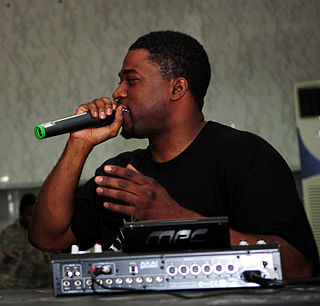A Quote by Paul Tillich
The joy about our work is spoiled when we perform it not because of what we produce but because of the pleasure with which it can provide us, or the pain against which it can protect us.
Related Quotes
Our greatest hope is for the experience of joy, and often we are not as smart as we think we are when it comes to predicting what would bring us that joy. . . Hope that is attached to a particular outcome is looking for pleasure but fishing for pain, because attachment itself is a source of pain. It is best to hope for an experience of life in all its fullness-a life that can embrace both joy and sorrow, and will still be at peace.
It is the consciousness of the threefold joy of the Lord, His joy in ransoming us, His joy in dwelling within us as our Saviour and Power for fruitbearing and His joy in possessing us, as His Bride and His delight; it is the consciousness of this joy which is our real strength. Our joy in Him may be a fluctuating thing: His joy in us knows no change.
We are spirits. That bodies should be lent us while they afford us pleasure, assist us in acquiring knowledge or in doing good to our fellow-creatures, is a kind of benevolent act of God. When they become unfit for these purposes and afford us pain instead of pleasure, instead of an aid become an encumbrance and answer none of these intentions for which they were given, it is equally kind and benevolent that a way is provided by which we get rid of them. Death is that way.
Some people think elections are a game: who's up or who's down. It's about our country. It's about our kids' future. It's about all of us together. Some of us put ourselves out there and do this against some difficult odds. We do it, each one of us, against difficult odds. We do it because we care about our country. Some of us are right, and some of us are not. Some of us are ready, and some of us are not. Some of us know what we will do on day one, and some of us haven't thought that through.
Advice is offensive, not because it lays us open to unexpected regret, or convicts us of any fault which had escaped our notice, but because it shows us that we are known to others as well as to ourselves; and the officious monitor is persecuted with hatred, not because his accusation is false, but because he assumes that superiority which we are not willing to grant him, and has dared to detect what we desired to conceal.
Our countries are weaker: they cannot protect us from imported goods, they can't protect us from climate change, they cannot protect us from epidemics. These things cross borders. But the kind of cooperation that would protect us from those things was completely lacking and because of this there's been a backlash. People feel vulnerable.
[T]ruly to escape Hegel involves an exact appreciation of the price we have to pay to detach ourselves from him. It assumes that we are aware of the extent to which Hegel, insidiously perhaps, is close to us; it implies a knowledge, in that which permits us to think against Hegel, of that which remains Hegelian. We have to determine the extent to which our anti-Hegelianism is possibly one of his tricks directed against us, at the end of which he stands, motionless, waiting for us.
It is only great pain--that slow, sustained pain that takes its time, in which we are, as it were, burned with smoldering green firewood--that forces us philosophers to sink to our ultimate profundity and to do away with all the trust, everything good-natured, veil-imposing, mild and middling, on which we may have previously based our humanity. I doubt that such a pain makes us 'better'--but I know that it makes us deeper.
As much as people try to pit black entertainers against one another, because of the underlying feeling that there can't be two of us, or, all of us can't do well. That's what hurts rap the most, the fact that none of us are fighting to protect the door of those who run our industry. It's enough money for all of us.
Our possibilities of happiness are already restricted by our constitution. Unhappiness is much less difficult to experience. We are threatened with suffering from three directions: from our own body, which is doomed to decay and dissolution and which cannot even do without pain and anxiety as warning signals; from the external world, which may rage against us with overwhelming and merciless forces of destruction; and finally from our relations to other men. The suffering which comes from this last source is perhaps more painful to us than any other.




































